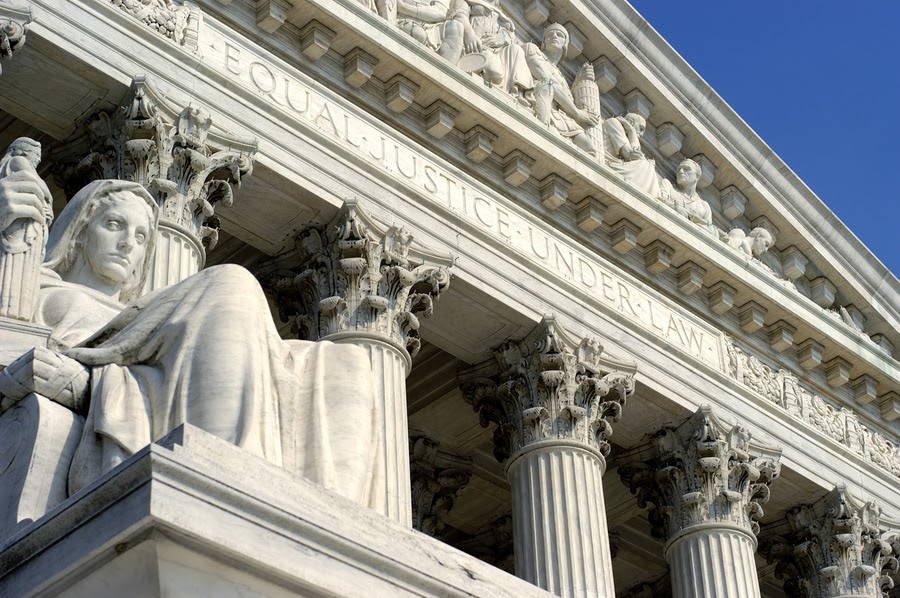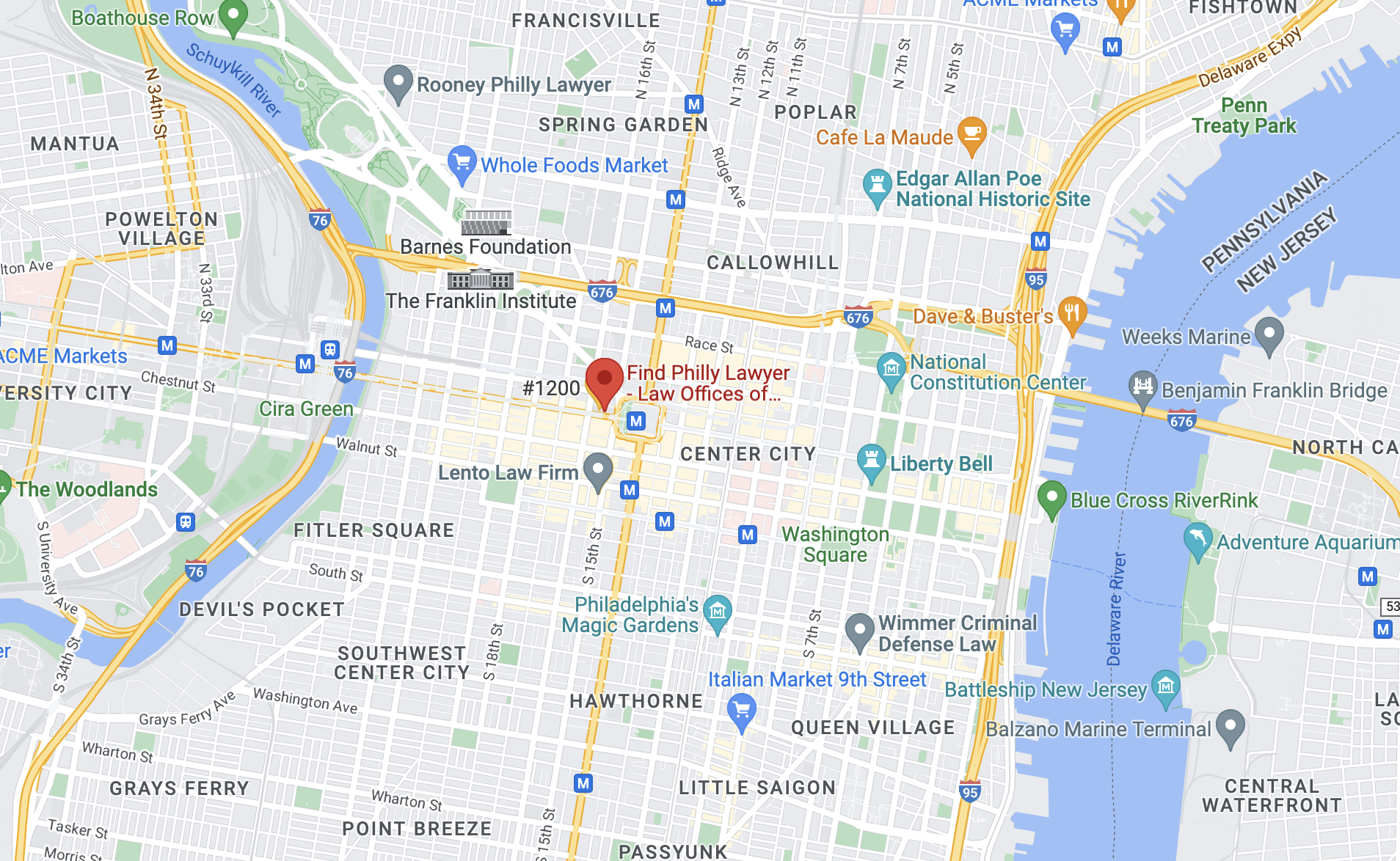The crime of theft is more than just one crime. Multiple forms of theft may occur under a variety of circumstances. Embezzlement is a form of theft but occurs under very specific conditions.
Embezzlement typically occurs in a business setting and is considered a white-collar crime, while theft is more associated with street crimes. It is somewhat difficult to define theft compared to embezzlement because theft is a broadly defined crime that encompasses various other offenses. For example, theft by deception, extortion, receiving stolen property, and theft of services generally fall under the umbrella of theft. Despite these differences, theft and embezzlement are penalized according to the same grading system based on the overall value of the money or items taken. Fighting these charges will be very different, as they are committed under very different circumstances.
While theft and embezzlement overlap in a lot of important ways, they also differ. Whether you are charged with a theft offense or embezzlement, our Philadelphia criminal defense attorneys can help you. For a free case evaluation, call The Liberty Law Team at (215) 826-3314.
How Criminal Charges for Theft and Embezzlement in Philadelphia Are Different
Charges for theft and embezzlement share many similar elements but differ in very important ways. Perhaps one of the most prominent differences is that theft is often a minor street crime while embezzlement is a white-collar offense. Our Bucks County criminal defense attorneys can help you fight both charges in court.
Theft
The most common theft crime can be found under 18 Pa.C.S. § 3921. This statute is not the only form of theft but defines what theft is in a general sense. The statute describes the offense of theft by unlawful taking or disposition. It holds that someone may be guilty of theft if they unlawfully take or exercise control over the movable property of another with the intent of depriving that person of their property. Essentially, you can be charged under this statute for stealing someone else’s belongings if you have no intention of returning them. Something like borrowing without permission is not considered theft.
There are numerous other forms of theft. For example, theft by deception involves tricking another person into allowing you to take their property. Deception might involve lying about the property’s value or how you intend to use the property. Theft by extortion occurs when a person uses threats to force someone to hand over their property. For example, threatening to falsely accuse someone of a crime or expose an embarrassing secret if they do not hand over their property would be extortion.
Not all acts of theft involve stealing the property yourself. You can be charged with the theft-related offense of receiving stolen property if you receive property knowing it was stolen from someone else. For example, buying a cheap used car knowing it is so cheap because it was stolen from its owner would constitute receiving stolen property.
Embezzlement
Embezzlement is different from most other theft forms because it often occurs in a business setting. Crimes entangled with business are referred to as white-collar crimes. Embezzlement can be found under 18 Pa.C.S. § 3927(a) and involves obtaining property, usually money, through an agreement or as part of a person’s job duties. For example, someone in charge of accounting at a business will be in charge of the business’ money.
The next step in embezzlement is using the money or property placed under your control as if it were your own and failing to dispose of the property as intended. For example, paying the money into your personal bank accounts or using it to make payments on your personal credit cards would be considered embezzlement.
Embezzlement often makes headlines when very large sums of money are involved. You have probably heard of at least one news story of someone embezzling hundreds of thousands or even millions of dollars from a company. While embezzlement can involve great sums of money, it does not have to. Someone taking a few hundred dollars from the business they work for is still embezzlement.
Penalties for Theft and Embezzlement in Philadelphia
The penalties for theft and related offenses, including embezzlement, are found under 18 Pa.C.S. § 3903. There are multiple considerations when grading theft offenses, including the conditions under which the theft occurred, the type of property stolen, and the property’s overall value. Theft offenses and embezzlement are graded according to the same law, and our Delaware County criminal defense attorneys can help you determine the extent of your charges.
Theft or embezzlement may be charged as first-degree felonies, perhaps the most serious offense possible, if the amount of money involved is $500,000 or more. Second-degree felony charges can also be assessed for embezzlement or theft if a firearm was stolen or received, or the total value of the stolen property is at least $100,000 but less than $500,000.
Theft or embezzlement may be charged as a third-degree felony in Pennsylvania if the value of the stolen property or money is more than $2,000 or if the property includes an automobile, airplane, motorcycle, motorboat, or other motor-propelled vehicles.
Smaller thefts of at least $200 but less than $2,000 may be graded as first-degree misdemeanors. Thefts valued at least $50 but less than $200 may be charged as second-degree misdemeanors. Finally, thefts under $50 are usually charged as third-degree misdemeanors.
How to Fight Charges for Theft and Embezzlement in Philadelphia
Fighting theft and embezzlement charges require different legal strategies as each offense has unique criminal elements. Theft involves taking something you know belongs to someone else to deprive that person of the property forever. If you were under the mistaken belief that the property truly belonged to you or you did not intend to deprive the owner permanently, our Montgomery County criminal defense attorneys can argue that your charges should be dropped or dismissed.
Embezzlement can be a bit more complicated because steps are often taken to cover up paper trials and other evidence. In some cases, the defendant creates a misleading paper trial to implicate other people. In others, accounting books might be so complicated that it is almost impossible to determine where the stolen money went. If you did not embezzle anything, our Philadelphia theft defense lawyers can thoroughly investigate the business’s accounting history to figure out who actually did the embezzling. Forensic accounting experts can be very helpful in scenarios like this.
Call Our Philadelphia Embezzlement Defense Attorneys for Help Today
If you are charged with theft, embezzlement, or a similar offense, our Philadelphia embezzlement defense attorneys can help you fight the charges and clear your name. For a free case evaluation, call The Liberty Law Team at (215) 826-3314.





 Liberty Law Team
Liberty Law Team  (215) 826-3314
(215) 826-3314 lonny@libertylawteam.com
lonny@libertylawteam.com





